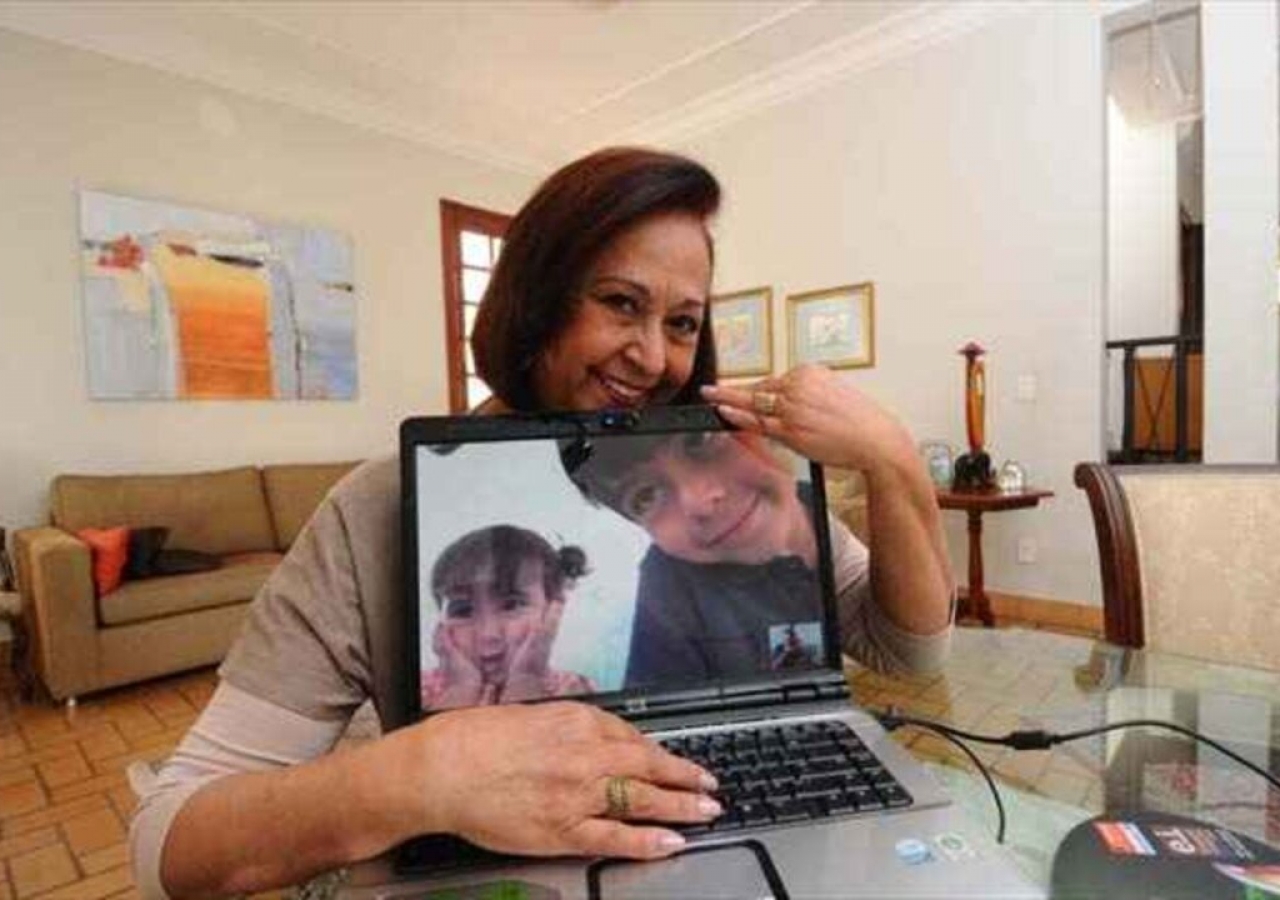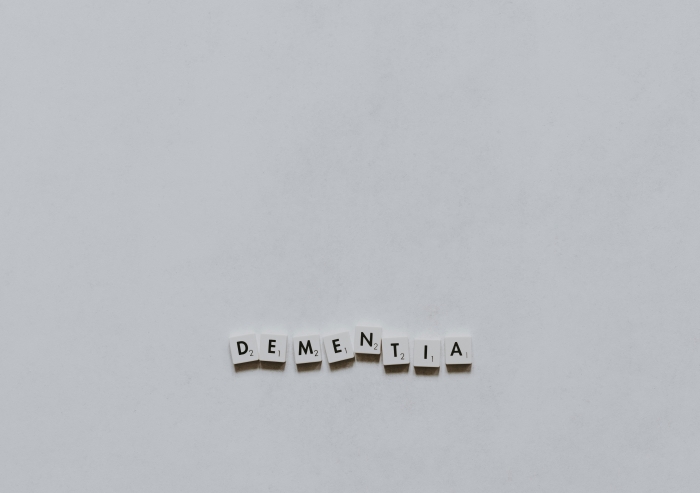In the middle of a second wave of infection by COVID-19, in Portugal and in Europe, the health and political authorities try to find a way between drastic measures such as those experienced between March and May and a laxism that some, few, international leaders and supporters of theories of conspiracy defend. With more or less restrictions, the social and family life of individuals will continue to be affected, forming yet another layer of concern, to the point that “pandemic fatigue” has already been identified by psychologists.
Aware of the negative effects of isolation and loneliness on health, and that the “impact is greater among senior citizens”, the Portuguese Psychologists Association warns of the importance of combating those states.
“The elderly population, being in a situation that does not imply work activity, is therefore having fewer opportunities to have social contacts. We need to stimulate relationships and reduce feelings of loneliness in other ways”, says Renata Benavente, clinical psychologist and member of the board of the Portuguese Psychologists Order, stressing the relevance of senior universities. However, given the pandemic, alternatives are urgently needed.
Seniors should try to convert this time without a lot of occupation into something positive and that gives them satisfaction. Each one will find the activities that are most meaningful to them. For some it may be reading a book or watching a movie, for others it may be starting an activity in crafts or painting, for example. Avoiding boredom, stimulating motor skills and producing something, a picture that has been painted or an object that has been built can have an important meaning. This, without neglecting physical exercise and a healthy diet.
Among the senior groups, it is necessary to distinguish between those who have led a very active life until now and those who are already more dependent. In the first case, there are many who provided support to families in caring for their grandchildren and who have now stopped doing so or are on the verge of it. “These routines, this support brought great meaning to their lives. And losing this is painful”, comments the psychologist and teacher.
For those who do not live in the same household, family ties must be strengthened. "Even though without the direct physical presence, it is possible to receive a video of a grandchild doing something funny, it is possible to contact the children, daughters-in-law and sons-in-law, who will also be suffering with the fact that they cannot be together".
“One of the main pieces of advice is to keep hope,” she says, addressing the elderly. “They have already experienced other difficult situations in their lives, of losses, of difficulties, so think that this will be a difficulty unlike any other, with its specificities, but that it will be possible to maintain the feeling of hope. It is very important”.








